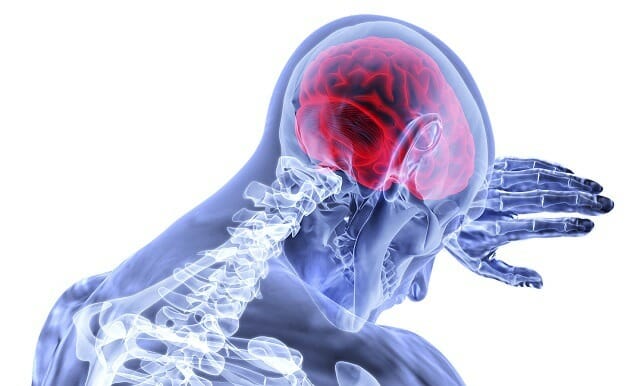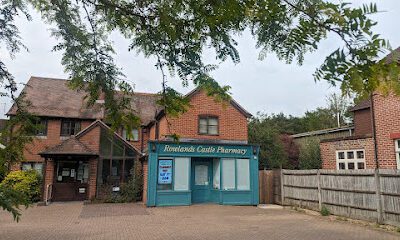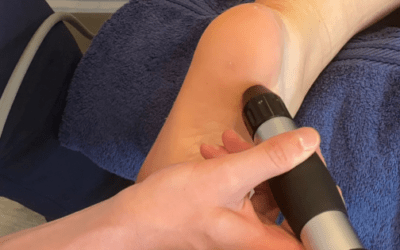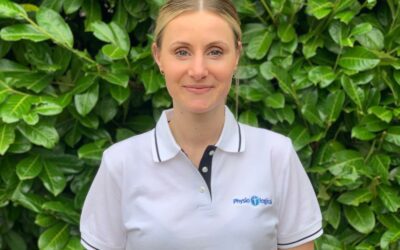What is Parkinson’s Disease?
Parkinson’s disease (PD) is a progressive disease of the nervous system that affects the part of your brain that controls how you move your body. The symptoms of Parkinson’s disease usually develop gradually and are at first so mild that you do not notice it. Over time the symptoms may worsen to the extent that they may start to have impact on how you walk, talk, sleep and think.
Parkinson’s disease happens when your brain is no longer able to produce enough dopamine, a neurotransmitter involved in the control of normal body movement. This is caused the progressive death of the dopamine producing cells in the part of the brain called the basal ganglia. It is not yet fully understood why these cells die at the first place.
What are the symptoms of Parkinson’s disease?
Parkinson’s disease predominantly affects the way you move. Therefore, you would usually notice problems like:
- Rigidity of muscles: can affect just about any part of your body.
- Slowness of movement: simple activities like buttoning a shirt, walking etc take much longer than usual.
- Tremors: hands, arms, legs, lips, jaw, etc may shake when you’re not using them.
- Walking and balance problems: You may notice you can’t take long steps, and you have to shuffle instead. You may also notice that your arms aren’t swinging as freely when you walk.
Parkinson’s can also cause a range of other issues, from depression to bladder problems.
How Is Parkinson’s Treated?
Currently, there is no cure for Parkinson’s disease. Once your symptoms are significant enough to cause problems, the GP may prescribe you medications to control your symptoms. Most of these medications aim to supplement or enhance production of dopamine in the brain.
Exercises as medicine:
In the past few years, scientists have established the important role of exercises in the treatment of Parkinson’s disease. Accumulating research evidence is showing that exercises may improve Parkinson’s disease symptoms by encouraging a process called neuroplasticity. Most importantly exercises have neuroprotective qualities on the brain reducing the death of dopamine producing neurons in the brain. In order to get maximum neuroprotection and neuroplasticity, exercises must be commenced as early as possible after PD symptoms are identified/diagnosed. At this stage, there still enough dopamine producing neurons to preserve. Additionally, the symptoms are not yet severe enough to prevent you from engaging in exercises at the required intensity for maximum benefit.
As a newly diagnosed PD patient it is vitally important to be assessed by a physiotherapist with specialist skills in prescribing exercises to slow down the progression of your disease.
To talk to or book an appointment to see Never, our Neuro specialist physio at our Havant clinic then please call 07835 712306, email: enquiries@physio-logical.net or book online
We offer clinic appointments at our Havant clinic plus also home visits in Waterlooville, Cowplain, Clanfield, Emsworth, Hayling Island, Havant, Rowlands Castle plus surrounding areas.




